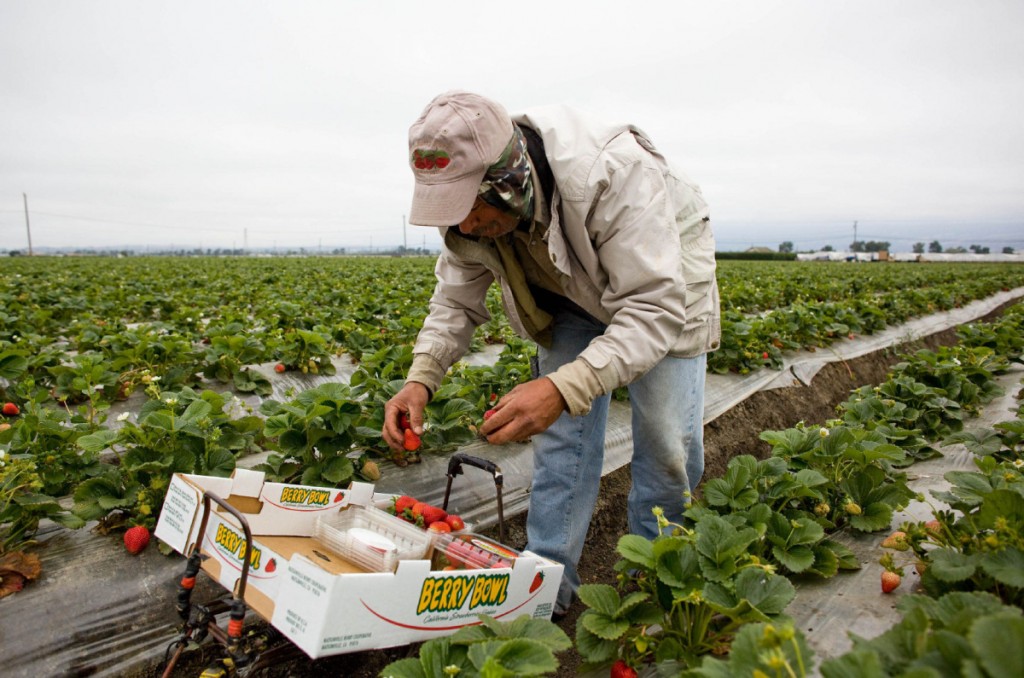Mexico is a popular vacation destination for Canadian tourists. As more than 1.5 million Canadians step off the plane, more than 16,000 workers will step on (mainly from Mexico, as well as the Caribbean), bound for Canada as seasonal foreign workers. They’re an essential part of farming here, particularly for manual labour, and may stay for up to eight months from mid-February to the fall. And even though many come from farming backgrounds, especially those from Mexico, language can be an issue in communicating, especially about workplace safety.
In Ontario, that’s where Workplace Safety and Prevention Services comes in. Last winter, the Guelph regional office held focus groups with farm group leaders and employers, and members from the Mexican consulate, to discuss the kind of workplace safety collateral that would be effective for Spanish-speaking workers. The effort has resulted in a new collection of Spanish and English farm safety training tools, coming soon to wsps.ca. Included in the tools is a video in English and Spanish that gives viewers an idea of what they will be doing in the field and how to do it safely. There’s also 16 conversation guides that address specific hazards for supervisors to deliver awareness on-site, and a three-hour program with how-to visuals that employers can use to teach Spanish-speaking employees job safety measures regarding health and safety.
It’s a message all farmers could take to heart. This Spanish translation initiative makes agricultural workplaces safer for employers and employees alike, regardless of nationality. Workplace health and safety for farmers and farm workers alike is vital if Canada is to produce the high-quality products it’s known for.


